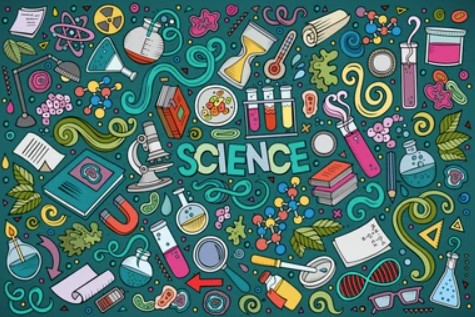The basic science curriculum spans over a course of five semesters in the case of all MD programs available in the Caribbean. Consisting of lectures, lab-based teaching, and research, the curriculum is designed to provide the best possible foundation for the students for their future medical careers. The curriculum also has the tenet of providing hands-on clinical experience to the students whenever possible at local hospitals to better prepare them for their future careers.
Each university has a tailor-made course for its students which plays to the advantages provided by the university. But the core content of the course remains more or less the same in accordance with the USMLE guidelines. Without further ado, we are going to take a look at the primary contents of the basic science curriculum.
- Histology: This course deals with the study of microscopic human anatomy – cells and tissues and some organs. The emphasis of this course lies in the respective functions and clinical significance of the same.
- Anatomy and Embryology: Anatomy, as is suggestive of the name, deals with knowing and understanding human anatomy. Embryology deals with fertilization and the formation of embryos. A section called special embryology teaches organ formations and malformations.
- Physiology: Concepts and principles of physiology and their clinical implications in case of relevant diseases are taught in this course. Read more about What is Cognitive Science and Trends in Cognitive Science?
- Biochemistry and Genetics: The basic components of biochemistry (amino acids, carbohydrates, enzymes, nucleotides, proteins, lipids et al.) and the biochemical aspects of major bodily functions and organs are the main constituents of the Biochemistry course. Nutrition is taught to round the course up holistically. A comprehensive list of concepts and principles of genetics is taught in the course of Genetics. Added emphasis is put on the significance of genetics in clinical practices. DNA technology and molecular genetics make up the rest of the course.
- Neurosciences: The anatomy of the nervous system and its role in clinical practices are the main components of this course. The pathological and physiological roles of nerves and neurons in clinical practice make up the rest of the course.
- Pathology: The disease processes in the body and how they affect the various systems and organs of the body are the primary constituents of this course.
- Microbiology: This course focuses on microorganisms and their relationships with the human body both in health and in disease.
- Epidemiology and Biostatistics: Basic understanding and practical application of Epidemiology and Biostatistics is the goal of this course.
- Behavioral Science and Pharmacology: Medical psychology, medical ethics, and psychopharmacology are taught in Behavioral Science. Knowledge of how bodily functions are affected by drugs is taught in Pharmacology with the goal of preparing students for the clinical study of therapeutics.
The curriculum is rounded up with Research in Health and Medicine, Clinical Correlation of Basic Science, Physical Diagnosis and Clinical Medicine, and Basic Science review course.

